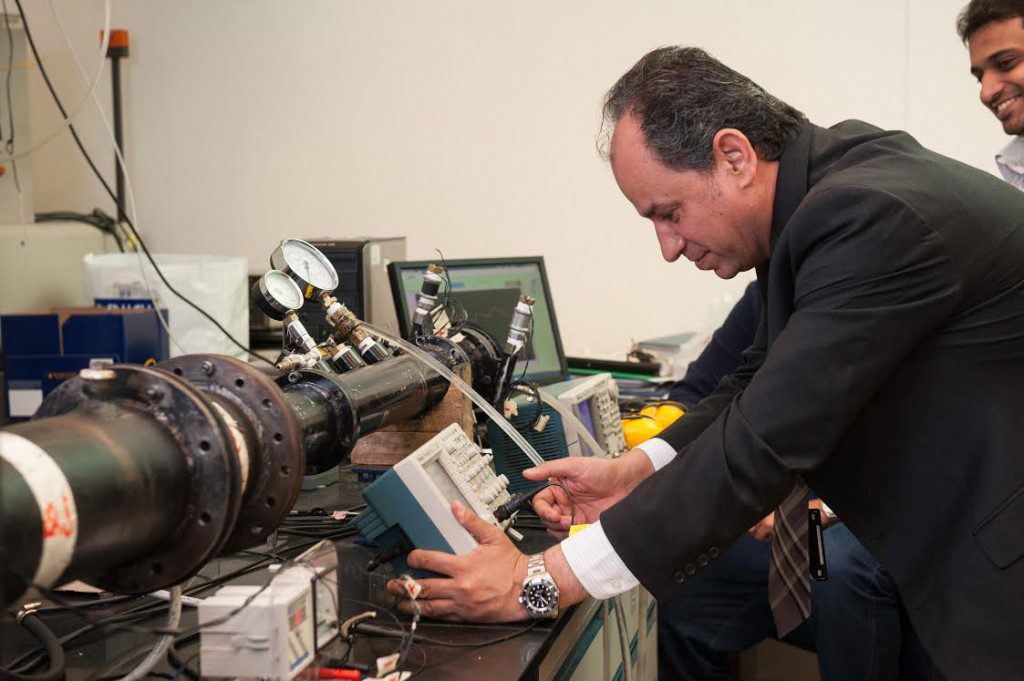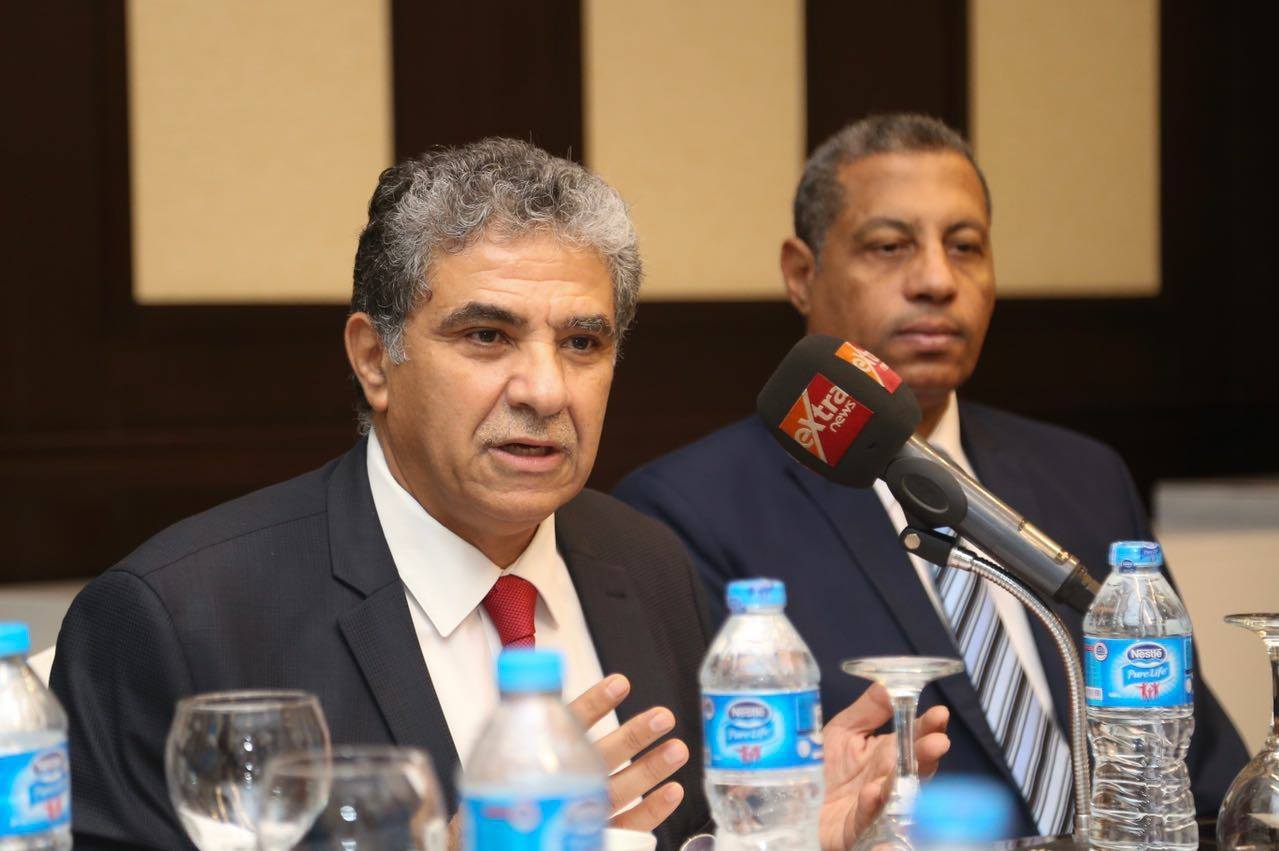Thermoacoustic Engine May Overcome Energy Crisis
 By: Salma El Saeed
By: Salma El Saeed
The reliability of a thermoacoustic engine that produces electricity from solar energy to accommodate the energy crisis in Egypt is currently being studied by Ehab Abdel Rahman, associate provost for research and one of the engine’s creators.
Abdel Rahman said that the engine in its current form is not ready to be used on a real-life scale, as the researchers are not yet aware of the possible drawbacks of the engine.
He added that the research will require approximately one more year and only then the engine would be useable.
“There is a big problem with electricity in Egypt, and the best sustainable source of energy we have is the sun,” said Abdel Rahman.
According to a report published by the US Energy Information Administration in June 2013, electricity consumption in Egypt has increased by an average of seven percent annually from 2000-2010, and the rate of electricity consumption is increasing at a rate disproportionate to that of capacity expansion.
Abdel Rahman explained that the thermoacoustic engine functions by converting heat energy from the sun into acoustic energy or sound waves. These sound waves, which are audible but invisible, create pressure and are therefore able to cause movement.
The engine, which was created last year, utilizes the high-amplitude sound waves to push an electric generator called a linear alternator, and the motion is converted into electricity, he added.
“The important thing is that it uses solar energy, which is a renewable source, unlike other energy sources,” said Abdel Rahman.
Abdel Rahman told the Caravan that there are other sources of energy available at the moment, such as wind and nuclear energy, but solar energy is the most sustainable source, he explained, adding that solar energy does not have a carbon footprint, unlike nuclear energy, which emits carbon dioxide.
Although Abdel Rahman said that this kind of technology is the future of electricity, he said that the main issue with using solar energy is the fact that the machines currently available in the market are not adequately efficient in converting solar energy into electricity
However, he believes that the thermoacoustic engine is highly efficient in comparison to other available machines, particularly due to its low cost and the availability of the materials necessary to produce it.


